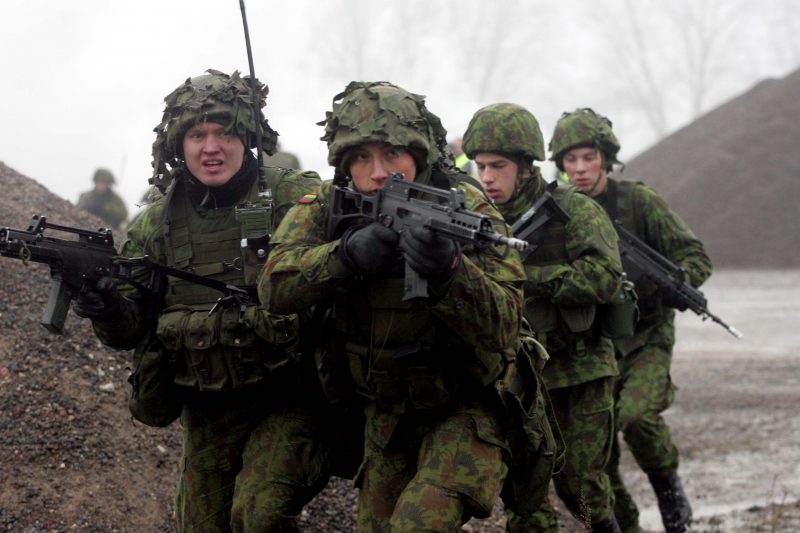The European Union has made great progress in its Common Security and Defence Policy recently. In the past two years, more decisions have indeed been taken than in the decade before that: As a result of shifts in the geopolitical environment and within the EU itself – most notably, Brexit, which brought about the need to demonstrate internally that European integration was not dead — member states have agreed on a number of projects and measures, several of which are intended to increase states’ ability to carry out military operations.
But what does all that mean for security in the Baltic Sea Region, where not the EU but NATO is the key player? Is a stronger EU good news or is it going to be a rival of NATO? Several European governments seem to hold exactly this fear. Moreover, officials in Washington seem to be rather critical of the EU’s efforts. For example, a top aide to Secretary of Defense James Mattis explained: “We don’t want to see E.U. efforts pulling requirements or forces away from NATO and into the E.U.”
This lecture is intended to, first of all, discuss current European defense policy, including its transatlantic dimension. Against this background, it will then seek to analyze what recent developments at EU level mean for the Baltic Sea Region.









